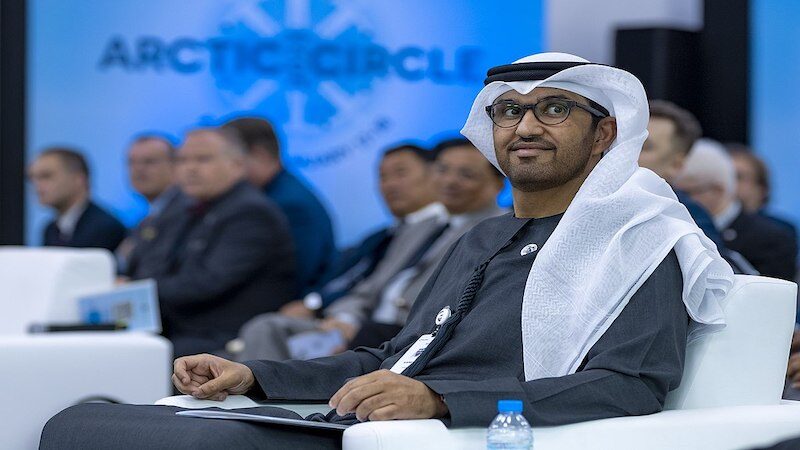Developed nations should have met the climate finance commitment in 2020. But they are still not there.
The president of the Cop28 climate talks has blamed rich nations’ “dismal” failure to provide $100 billion a year in climate finance to developing countries for “holding up” progress in negotiations.
The UAE’s climate envoy Sultan Al Jaber has requested donor countries to provide a definitive assessment on the overdue delivery of the commitment before the climate summit in Dubai at the end of November.
“Expectations are very high. Trust is very low,” he told attendees of the Petersberg Climate Dialogues in Berlin.
In 2009 wealthy nations committed to collectively mobilise $100bn a year by 2020 to help developing countries cut their emissions and adapt to climate impacts.
Broken promise
But they have so far failed to respect that pledge. In 2020 rich nations mobilised $83.3 billion of climate finance, according to data published last year by the Organisation for Economic Co-operation and Development (OECD).
At the annual Petersberg Climate Dialogues in Berlin today, Al-Jaber contrasted rich countries’ failure to provide $100bn of climate finance with this year’s $100bn in military expenditure and pledges for the war in Ukraine and the $9,000bn that were mobilised to respond to Covid-19.
Speaking before Al-Jaber, German foreign minister Annalena Baerbock said that a meeting of rich countries in Berlin yesterday suggested they are “on a good track to finally make good on the promise” this year.
A plan drawn up by Germany and Canada ahead of Cop26 in 2021 indicated that the pledge would be met this year, three years later than the original deadline.
Reporting on climate adaptation is a mess – here’s how to fix it
For Jule Könneke, a policy advisor at E3G, meeting the pledge is one of the keys to changing course at Cop28.
“For donor countries, it is about proving to be a credible partner by delivering on commitments and ensuring that poorer countries have the means to meet climate and development goals,” she said.
US biggest culprit
The bulk of the climate finance gap can be attributed to just a handful of developed countries, according to analysis by the Overseas Development Institute (ODI).
The United States shoulders the biggest responsibility providing only 5% of its “fair share” under a calculation done by the ODI that includes the size of its economy and historical emissions.
The US should have provided $43bn but sent just $2bn, the ODI said, making it “overwhelmingly responsibile for the climate finance gap.
Australia, Canada, Italy and Spain have also been singled out as laggards.
Underlying several times the importance of "trust", Sultan Al Jaber said meeting this obligation is "vital" to the political credibility of the UN's climate process.
Alpha Kaloga from the Africa Group of Negotiators told Climate Home the delay has been eroding trust. "Which credibility do developed countries have in requesting us for more climate action, while not providing the resources promised," he asked.
Read More

